5 simple tips to help your workout session – if you aren’t doing this already!
From personal experience as well as observing others in the gym, there are small factors I have noticed that can make a big difference in the effectiveness of a workout or training session – whether it be the physical or psychological. Below are some of my tips to follow during your workout sessions (if you aren’t already doing this!).
Warm up
We should always, ALWAYS, warm up before getting into any workout. Allow yourself time to prepare your body and mind for the session to come. As we know, warm-ups can also help to reduce our chances of injury. Try to be specific with your warm-up, focusing on mobilizing and stretching joints and muscles that are going to be hit hard during your session. An easy way to do this is taking the specific joint and its surrounding muscles through full range of motion in a controlled manner. You can also perform repetitions of the exercise with little to no resistance.
Mind-muscle connection
As cliché as it may sound, there is plenty of reason why this is a significant factor when it comes to training. Focusing on the muscles we are working during the exercise is shown to help neuromuscular connections and increase muscle fibre recruitment. This leads to bigger strength improvements and better-quality reps. With each repetition we should be focusing on squeezing (contracting) the muscle as hard as we can. It also prevents us from compensating with other muscles that aren’t the focus of the exercise.
Rest
Rest times during your workout can be almost as important as the work being done during the session. Rest times as long as 3-5 minutes between sets for exercises that involve very heavy weights allow you to perform a greater number of reps over multiple sets. This rest duration is shown to improve absolute strength. Rest durations between 30-60 seconds can be beneficial for building muscle size using moderate weights. Shorter rest durations will be more beneficial for building your cardiovascular and muscle endurance. Being able to manipulate your rest times can see you make some significant gains with your training.
Music
Playing some good tunes while you work hard can have ergogenic effects on your workout performance. These include reducing your perception of fatigue and increasing your work capacity. The psychological effects of music cannot be underestimated and may help you to push yourself a little further when you are fatigued. Next time you train, pick music that is familiar and matches with the tempo or intensity of your exercises.
Follow through
Possibly one of the biggest hurdles we face is finding motivation to go to the gym – but once we are there, another hurdle is finishing exactly what we set out to do! There are experiences where I have gone to train, only to alter my program because I didn’t feel like doing a certain exercise. Or to start an exercise only to cut it short because I don’t want to finish one more set, or one more round. And it wasn’t because I wasn’t capable, but because I know my body is going to ache, or my lungs are going to burn. But that “suffering” or hard work will only last for a short time. Regardless of how hard you push your training; you are going to go home and eat and drink and feel better after. So why not endure and follow through on what you’ve set yourself for the session. The water might taste a little sweeter afterwards too!
References
de Salles, B., Simão, R., Miranda, F., da Silva Novaes, J., Lemos, A., & Willardson, J. (2009). Rest Interval between Sets in Strength Training. Sports Medicine, 39(9), 765-777. doi: 10.2165/11315230-000000000-00000
Karageorghis, C., Terry, P., Lane, A., Bishop, D., & Priest, D. (2012). The BASES Expert Statement on use of music in exercise. Journal of Sports Sciences, 30(9), 953-956. doi: 10.1080/02640414.2012.676665
Karvonen J, Lemon PWR, Iliev I (eds): Medicine in Sports Training and Coaching. Med Sport Sci. Basel, Karger, 1992, vol 35, pp 189-214. doi: 10.1159/000421152
Bastien Auna
Workers Compensation Specialist ‑ Team Leader NSW (AEP, ESSAM)
Exercise Rehabilitation Services ‑ NSW




